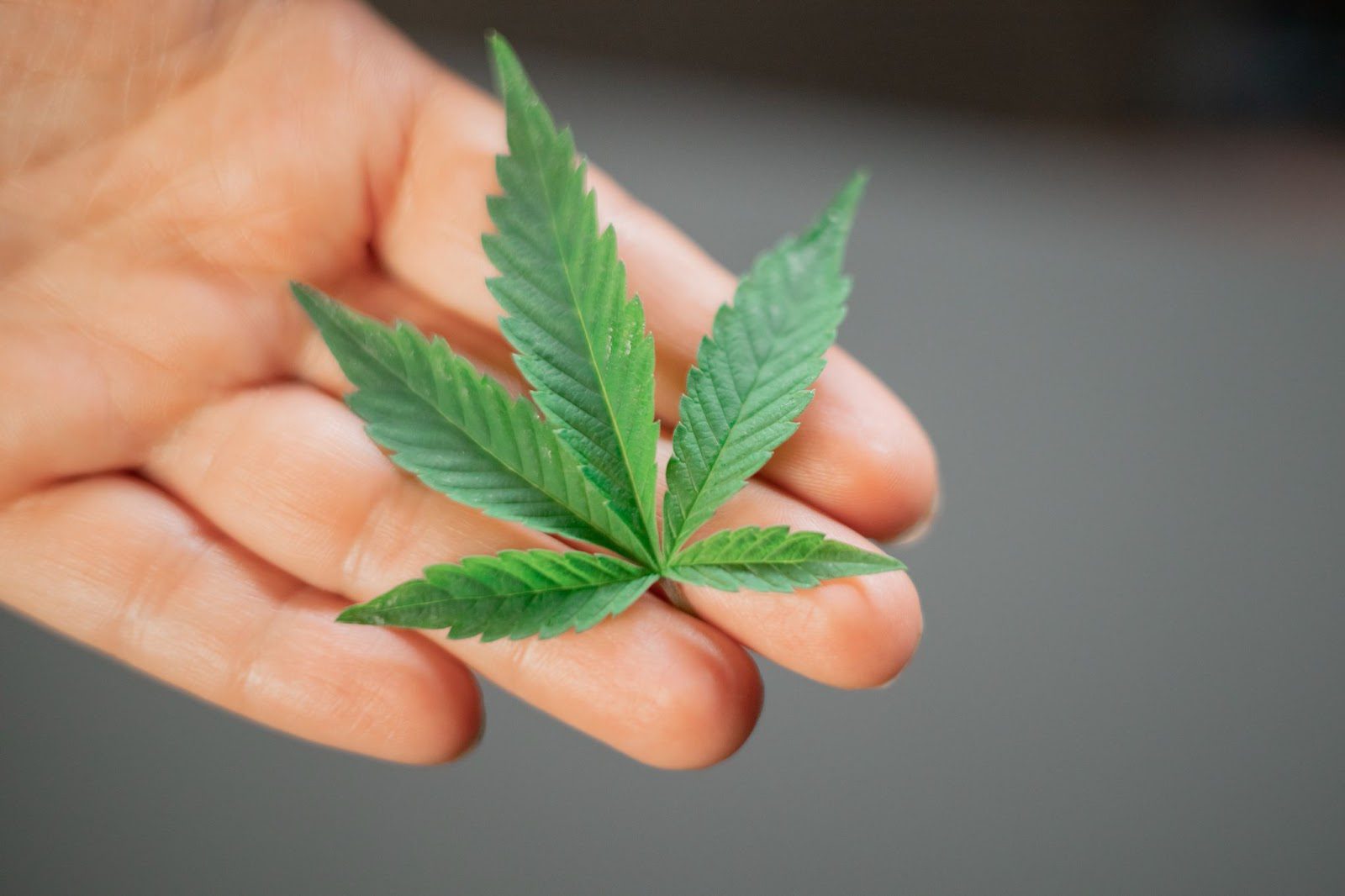Legalization efforts have boosted interest surrounding weed. Many people who were hesitant to use weed or used it very infrequently may have fewer reservations about cannabis use if it’s recreationally legal in their state.
Understanding the risks and benefits of a drug before you use it is the smart thing to do. We’re all responsible for the decisions we make for our own health and wellness, and whether or not we use weed is one of those decisions.
There are many drugs that have the potential to be highly addictive, and some drugs are dangerous to quit cold turkey. Things like substitution therapy and medically monitored withdrawal are necessary to preserve the life and health of the patient. Cannabis isn’t one of these drugs.
Cannabis addiction, otherwise known as cannabis use disorder, is very rare. When it does happen, it’s one of the least dangerous drugs to stop using.
The way we define addiction
Let’s start here: addiction is kind of a dirty word. It’s often hurled like an insult with people who have use disorders, health issues, or psychiatric conditions. Relegating those people to the title of “addict” doesn’t really inspire them to realize how important their health is and that they deserve to feel better.
Rather than calling someone an “addict,” current recommendations suggest we itemize substance use problems as “use disorder,” which would include “opioid use disorder” and “alcohol use disorder.”
Use disorder suggests the problematic use of a drug and can be diagnosed based on a short list of criteria. Use disorders are almost always self-diagnosable. It’s easy to tell if you’re experiencing consequences from substance use.
Most people with use disorders will fit the following criteria:
- Continued use despite harms (like legal trouble or health consequences)
- Diminished quality of life (you stop doing things you enjoy to use substances instead)
- Withdrawal symptoms with the discontinuation of the substance
- Negative changes in mood, appetite, or sleep patterns
- A strong compulsion to use the substance
- Changes in life or financial circumstances related to purchasing or using substances
Different substance use disorders will present other symptoms, and the severity of symptoms will vary from person to person. In some cases, people with cannabinoid use disorder may not even realize they have a use disorder until they go without cannabis for a day or two.
Use disorders can be physiological in the way a substance can cause physical dependence, like in the case of alcohol or opioid use. Most use disorder symptoms are psychological, but that doesn’t make them any less important. Both sets of symptoms deserve equal prioritization in the treatment of someone with a use disorder.
Cannabis use disorder facts, statistics, and perspectives
Cannabis use disorder is a recognized condition, but it’s extraordinarily rare. Some figures state that use disorders occur in as many as 10% of people who use cannabis, but that figure doesn’t come close to the findings of medical studies. Almost every study involving diagnosed cannabis use disorder suggests that the actual number is less than 3% of regular cannabis users.
Research seems to suggest that the potential for use disorders reaches its peak when users are in their early twenties, and rapidly declines as soon as users exit their twenties. This means that one particular age group seems to be particularly impacted by the potential for cannabis use disorders, while other age groups are statistically less likely to develop it.
Perspective matters
The uninformed have a tendency to speak about cannabis as though the likelihood of developing a use disorder is on-par with the likelihood of developing a use disorder for other drugs. This isn’t even remotely close to the truth.
This 3% of users still matter and deserve help, but it’s important not to confound cannabis use disorders with other use disorders. While the potential for cannabis use disorder does exist, it doesn’t equate to the epidemiological use disorder prevalence of something like opioid use disorder, whereas many as 29% of patients prescribed opioids will misuse their medication. More than 100 people die from opioid use every day. No one has ever died from cannabis.
These statistics likely influence people’s choice to use medical cannabis or cannabis wellness products rather than medical opioids. When weighing the risks and benefits, many people determine that they’re more comfortable managing pain with cannabis due to its lower potential for abuse and the impossibility of fatal overdose.
This distinction is important to make. The decision to use cannabis is a personal choice, and you need to make that decision based on accurate information. Someone may be more comfortable using a substance where the chance that something will go wrong is only 3% because statistics are on their side. That same person would run in the opposite direction of a 29% risk for something adverse to happen, as that means that nearly a third of people will have a negative experience.
